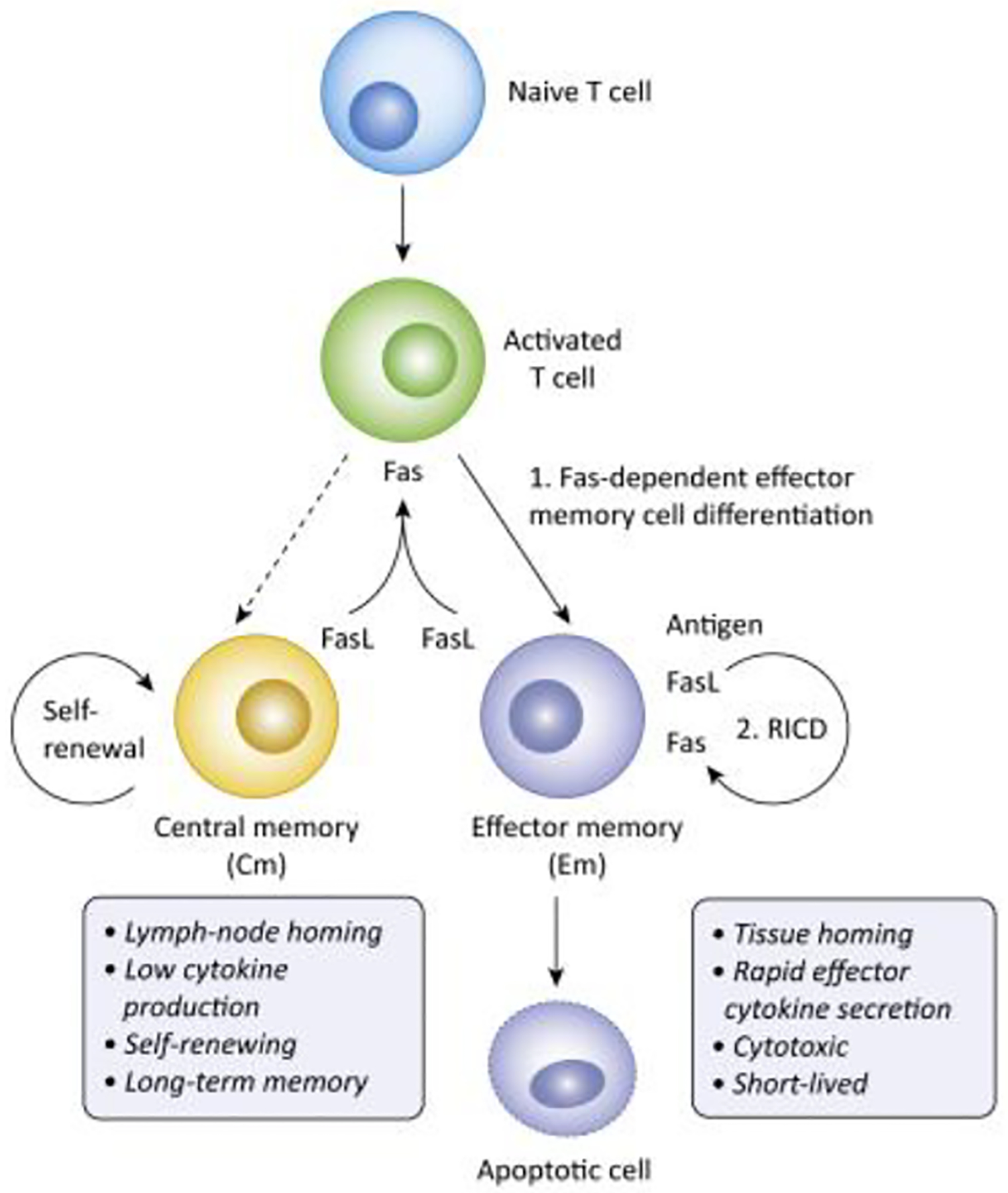Figure 3: Dual roles of Fas in promoting differentiation vs. cell death in T cells.

1. FasL expression on activated memory T cells, higher in effector than central memory, feeds back on early activated cells to skew differentiation towards effector memory cells, which have higher cytotoxic function and effector cytokine production than central memory cells. 2. TEM are also more susceptible to Fas-mediated apoptosis, which can be triggered through TCR stimulation and autocrine or paracrine FasL production, a process termed Restimulation-Induced Cell Death (RICD). These two mechanisms work together to limit the survival of effector memory T cells, which reduces the frequency of chronically stimulated autoreactive T cells, but also limits the efficacy of T cell adoptive cancer immunotherapy.
